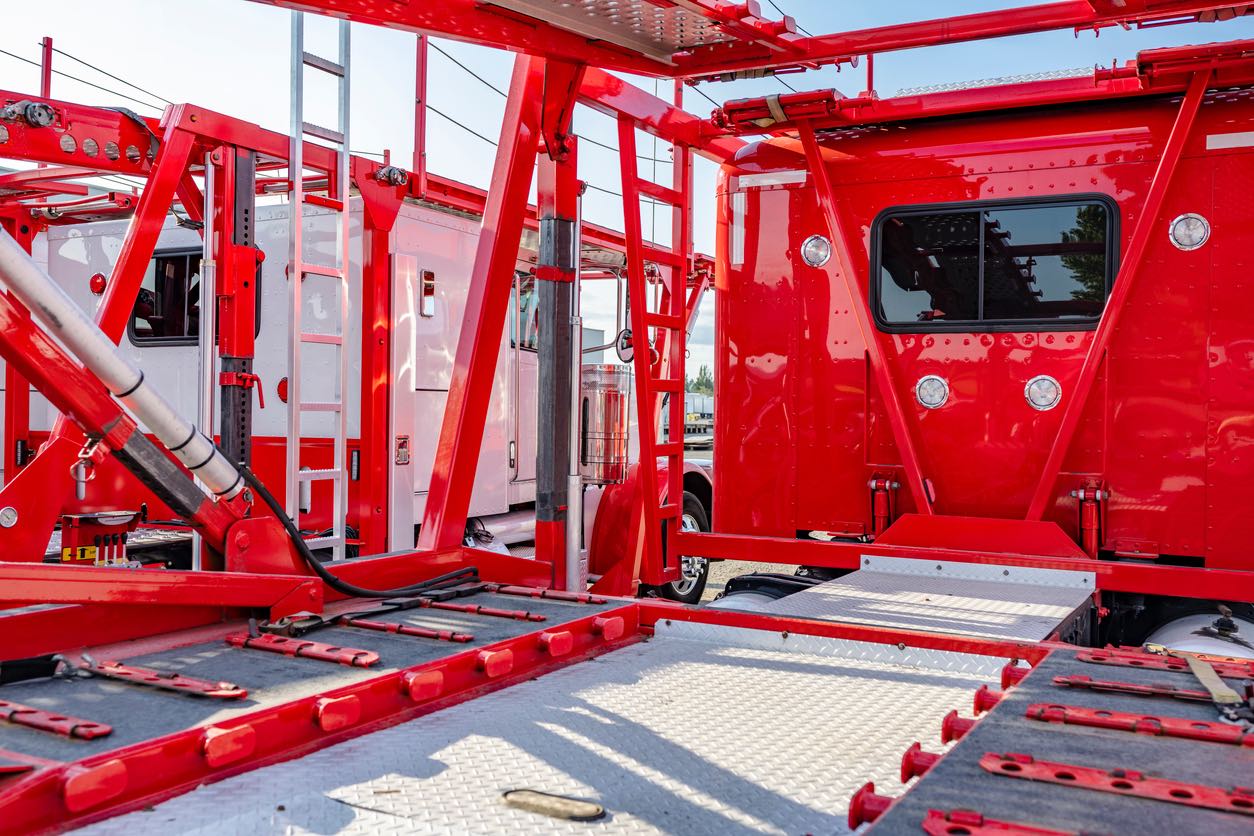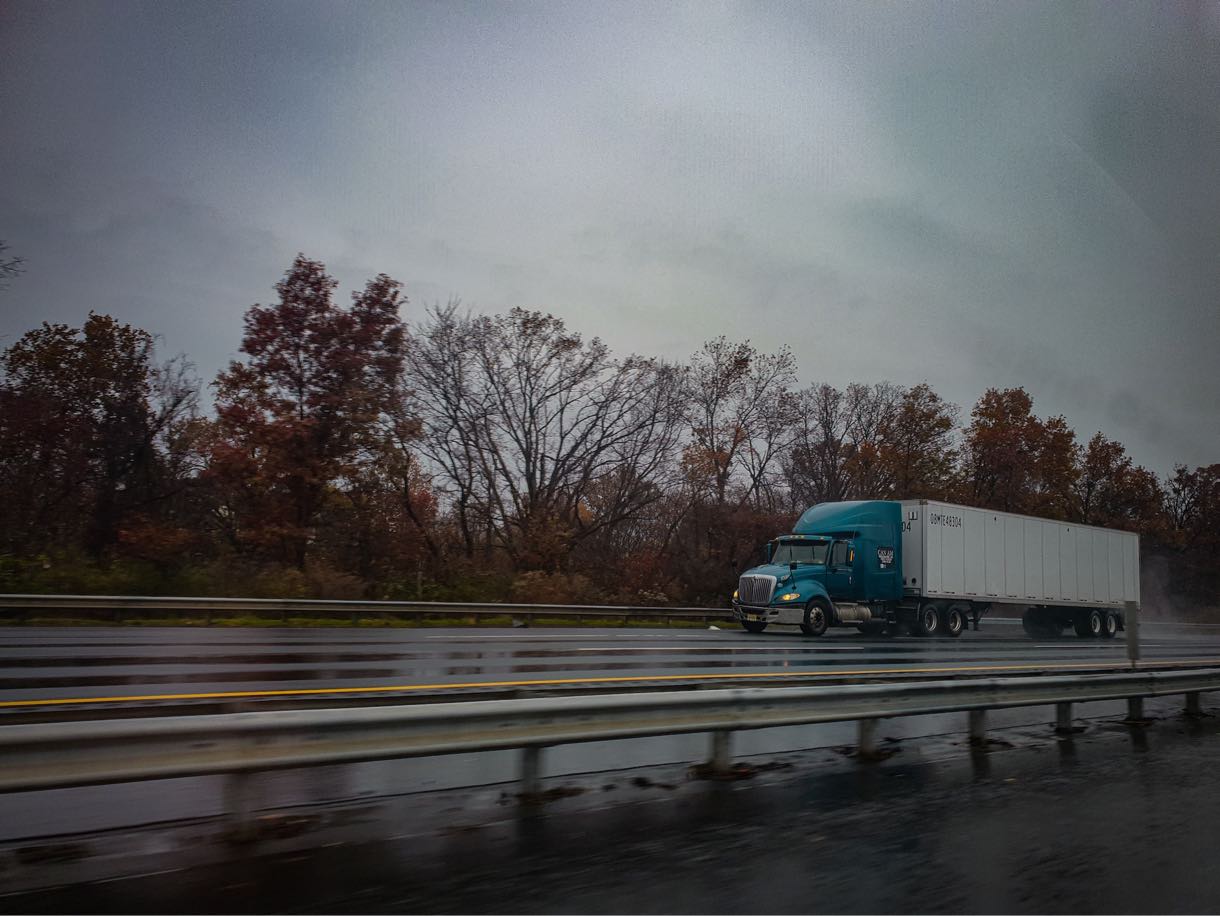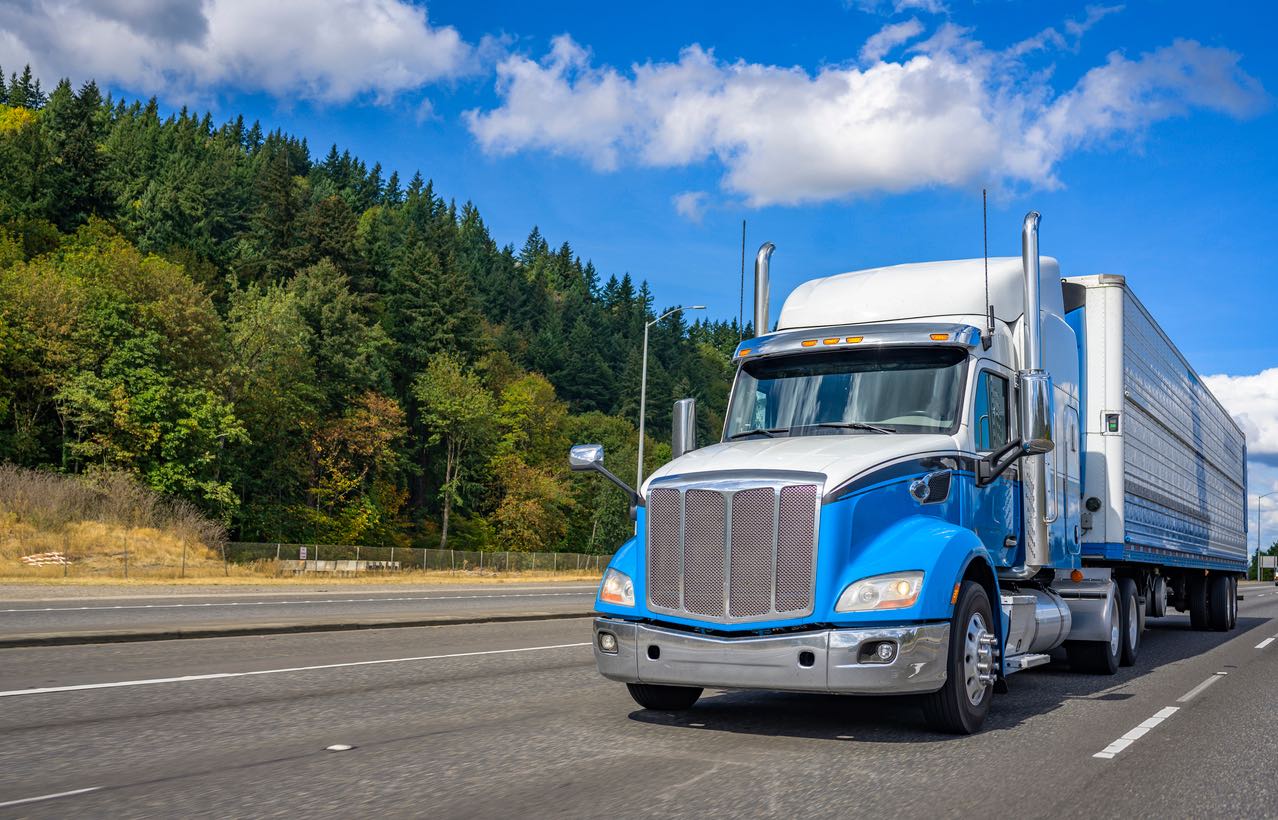A $800 million fraud problem looms large in the busy world of American transportation. This enormous and multifaceted situation is posing a serious danger to the integrity and effectiveness of the whole logistics network, not simply a minor bump on the road. Recently, the Transportation Intermediaries Association (TIA) delegate Jeffrey Tucker, CEO of Tucker Company Worldwide, brought this important problem to Congress’s attention. His powerful speech provided a clear picture of the widespread dishonest business practices that plague this industry. In light of the growing number of fraudulent actions occurring in the trucking industry, Tucker’s testimony highlighted the pressing necessity for the Federal Motor Carrier Safety Administration (FMCSA) to take meaningful action. He emphasized that if action is not taken quickly and forcefully, this fraud may worsen and jeopardize supply chain security as well as the US economy.

Fraud in the transportation sector costs the economy an astounding $800 million; it’s not just a figure. These illicit acts, which range from identity theft to cargo hijacking, present grave risks to the economy, public safety, and security in addition to monetary loss. They damage the credibility of the trucking industry and compromise the integrity of the supply chain. Tucker’s call to action exposed the FMCSA’s misdirected focus away from safety and blasted the agency’s insufficient reaction to the thousands of fraud accusations. He emphasized the necessity for proactive enforcement strategies and stricter verification procedures. Through the resolution of these obstacles, the transportation sector can start reducing this widespread and expensive problem.
Tucker contested the widely held belief that there is a driver shortage in America, claiming that this fallacy might jeopardize the stability of the country’s supply chain. He makes the argument that this notion oversimplifies the intricacies of the trucking industry, which might result in investments and regulations that are incorrect. He is an advocate for a more educated conversation about the true problems facing the trucking business, as there has been a million additional drivers in the last ten years. Tucker argues that in order to address the issues facing the business, it is more important to concentrate on enhancing driver compensation and working conditions. He further debunks the concept of a driver scarcity by arguing that infrastructural advancements and technology may be important factors in improving trucking operations. Tucker hopes to refocus the discussion on more practical solutions for the trucking industry by highlighting these aspects.

Beyond domestic transportation fraud, Jeffrey Tucker’s ideas addressed important areas that need development and attention. He underlined the significance of ongoing investment at the Mexican border, a critical point in North American commerce where improved procedures and infrastructure could greatly increase security and efficiency. The intricacies resulting from various state laws governing interstate trade also need consideration since they might obstruct smooth transit, which lowers the efficiency of the industry as a whole. Tucker clarified the urgent issues facing the global supply chain, especially the security risks in the Red Sea. These risks cause significant financial repercussions as well as disruptions to cargo shipments since delays and rerouting raise operating expenses. Tucker contended that these worldwide concerns had a domino effect, affecting not only the trucking sector but the whole system of international trade.

A complicated problem that requires immediate response is the transportation fraud problem in the United States, which is estimated to be worth 800 million dollars. The evidence that Tucker provided to Congress provides light on the urgent need for involvement from the Federal Motor Carrier Safety Administration (FMCSA), a more accurate assessment of the trucking workforce, and larger concerns of issues that are faced by worldwide supply chains. Not only does this situation have a financial impact on the trucking business, but it also poses substantial concerns to the integrity of supply networks and the national security of the country. This highlights the importance of a joint strategy that includes government monitoring, compliance from the industry as a whole, and knowledge from the general public. As we negotiate these complicated difficulties, it is essential that we take preventative measures and implement successful solutions in order to protect the trucking industry, which serves as the economic backbone of the United States. A resolution to this problem will have far-reaching implications, affecting everything from the pricing of goods to the dependability of delivery across the country. These implications will be felt across the country.
Selecting Ship A Car, Inc. is a vote for the industry leader in vehicle and freight transportation throughout the United States. SAC sets the standard for dependability and effectiveness. It has an A+ rating from the Better Business Bureau (BBB) and is fully licensed by the Federal Motor Carrier Safety Administration (FMCSA) and Department of Transportation (DOT). Every encounter demonstrates their dedication to providing outstanding service, guaranteeing that your shipping needs are handled with skill and attention to detail. At (866) 821-4555, the committed transport coordinators at Ship A Car, Inc. are here to assist you with your shipping needs and are just a phone call away. Ship A Car, Inc. is more than just a shipping company; with a reputation for dependability and client satisfaction, it’s a partner you can rely on for all your transport requirements.

Q1: What is the scope of trucking fraud in the U.S.?
A1: Theft, security threats, and economic damages are all included in the scope of the trucking fraud problem in the United States, which has reached a level of $800 million.
Q2: How is Ship A Car, Inc. distinguished in the freight and vehicle shipping industry?
A2: Ship A Car, Inc. is well-known for its A+ rating from the Better Business Bureau as well as licenses from the Department of Transportation and the Federal Motor Carrier Safety Administration, which guarantee the company’s exceptional service and dependability.
Q3: What global issues are impacting the trucking industry?
A3: Security risks in the Red Sea and additional expenses resulting from the disruption and rerouting of cargo shipments are among the global concerns that have been raised.




